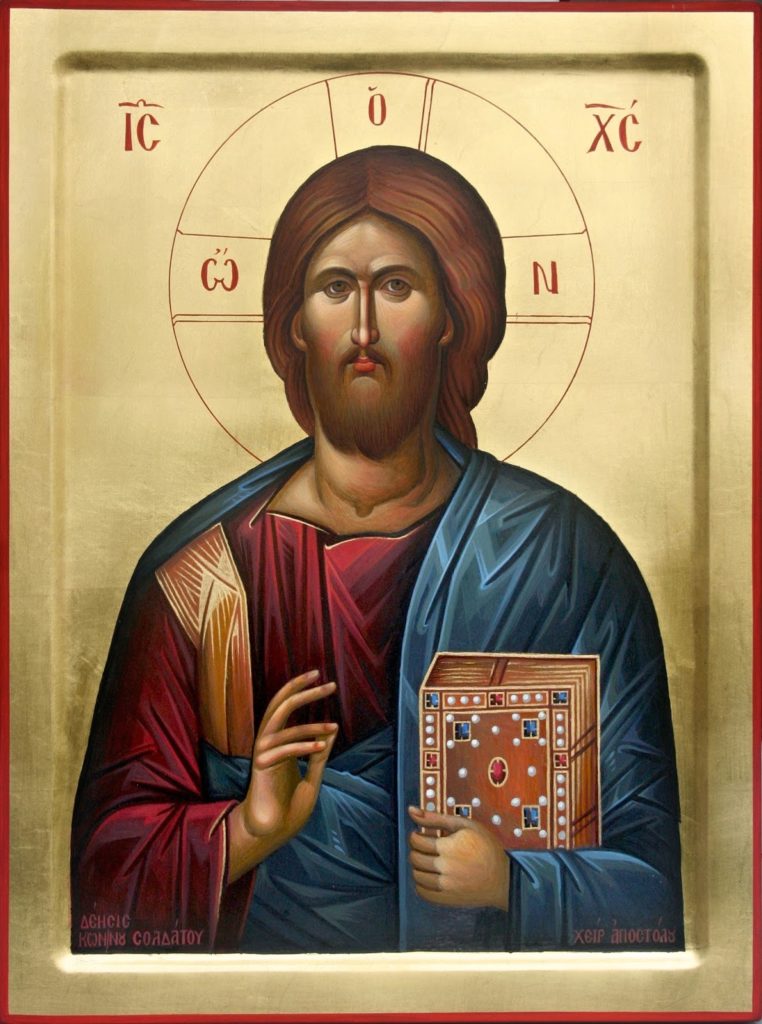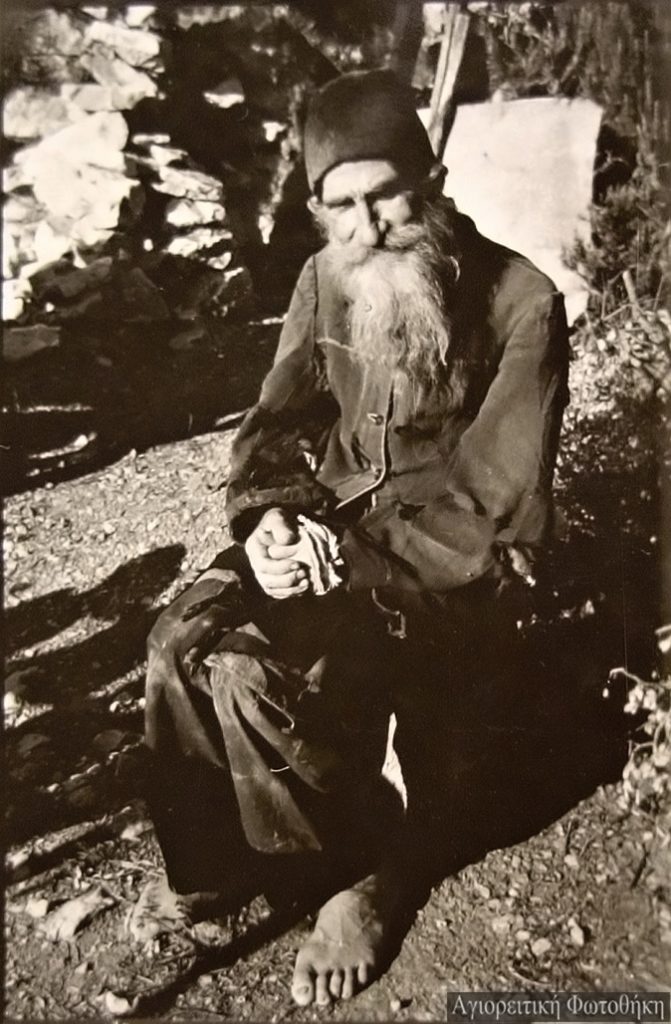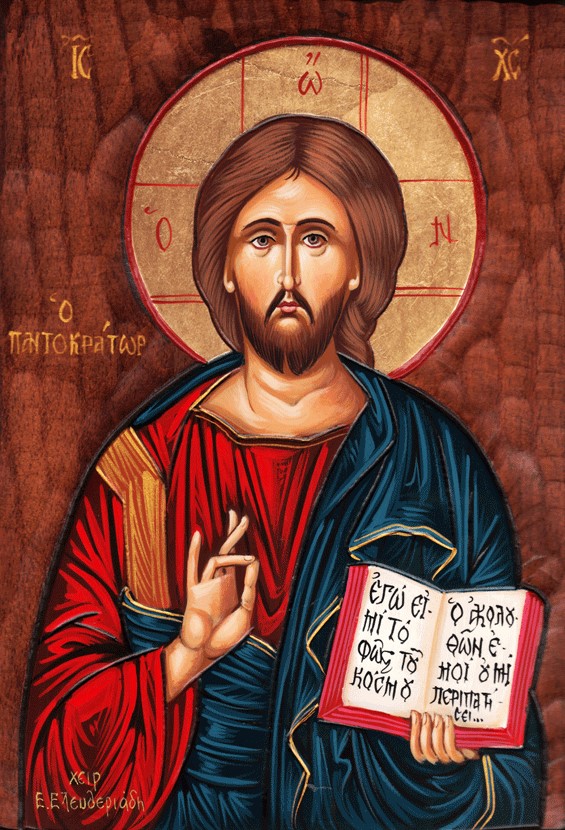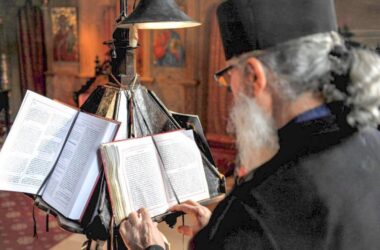130. What are the articles from the Creed referring at God the Son?
The articles from the Creed about God the Son are articles II – VII?
131. What do these article teach us ?
They speak to us about the greatest and most miraculous deed of God’s love towards us. They tell us that The One who saved us is God’s Son and He accomplished this salvation by His incarnation as man and by His death on the Cross. God showed us great love when He created the world and the mankind this being mentioned in the first article from the Creed. But the greatest prrof of the endless love He has for us he showed it when He sent His Son into the world as a man and gave Him to death on the Cross for us the men and for our salvation.
The Son of God Who came into the world tells us about this too: `For God so loved the world that he gave his one and only Son, that whoever believes in him shall not perish but have eternal life.` (John III, 16).
And saint Athanasios says : `Having compassion for our stock and being moved by our weakness and being touched by our corrupted nature and not bearing the deterioration caused by death to us in order to impede the destruction of what He had done and for not being in vain the work of the Father He took human body like ours and gave his wn body to death.
132. Was it necessary this incarnation for mankind?
It was necessary. We saw that by Adam’s disobedience the sin and death affected all the men. The sin caused an enmity (Romans V,10) between them and God being all of them sons of anger (Ephesians II, 5, Romans V,9)because they had become wicked and their power to do good was weakened. Instead of doing the good wanted by God and asked by their conscience they did the evil all the time. For this reason their conscience rebuked them without cease. And this was a sign that God was discontent. And God showed His discontent by the punishments He brought upon men. Because He could not let their sin unpunished (Romans V, 18) The sins committed by men caused to them worries, diseases and hardships and generated envy, hate, quarrel and wars among people.
Above all God punished the sin with death (Romans V,12) so that wickedness could not be eternal.
They all died and by death they went to eternal death meaning to the endless torments. But this was a too much painful situation and could not be endured by the love of God. It was needed a salvation from this.
133. Couldn’t the men give this to themselves alone?
No, they couldn’t. Because although they suffered cause of the evil that reigned over them they couldn’t get rid of it, their nature was weakened by sin, they were enslaved by sin. This tormenting condition is described by saint Paul as follows:
`For I do not do the good I want to do, but the evil I do not want to do—this I keep on doing. Now if I do what I do not want to do, it is no longer I who do it, but it is sin living in me that does it.
No man could save the others from sin because all of them were enslaved by sin (Romans VII, 23) and n one could get rid from this enslavement. They couldn’t do this not even all together. Here is what saint Athanasius says: `Cause after they were all of them hurt in their souls and troubled by the demonic deceit and the futility of all the idols how was it possible fr the man to make the souls and minds of the men change? Somebody may say that the entire world could do this. But if the world had been able of this would not have happened so many evils. Cause the world existed and the men persisted in such great wickedness.
134. No angel could have saved them ? Was it necessary to come the Son of God in person?
No angel could save them. First because God had to participate at the reconciliation with Him. Secondly because the men had to be saved from death as well. And death could not be removed by anything else but by the eternal life that is found only in God. Only God could give life to the first men. Only He could give it back. Saint Athanasius says: `It was not possible through the angels because they are not images of God. That is why the Word of God came into the world as a person, as One that is the image of the Father so that He could renew the man created in the image of God.






